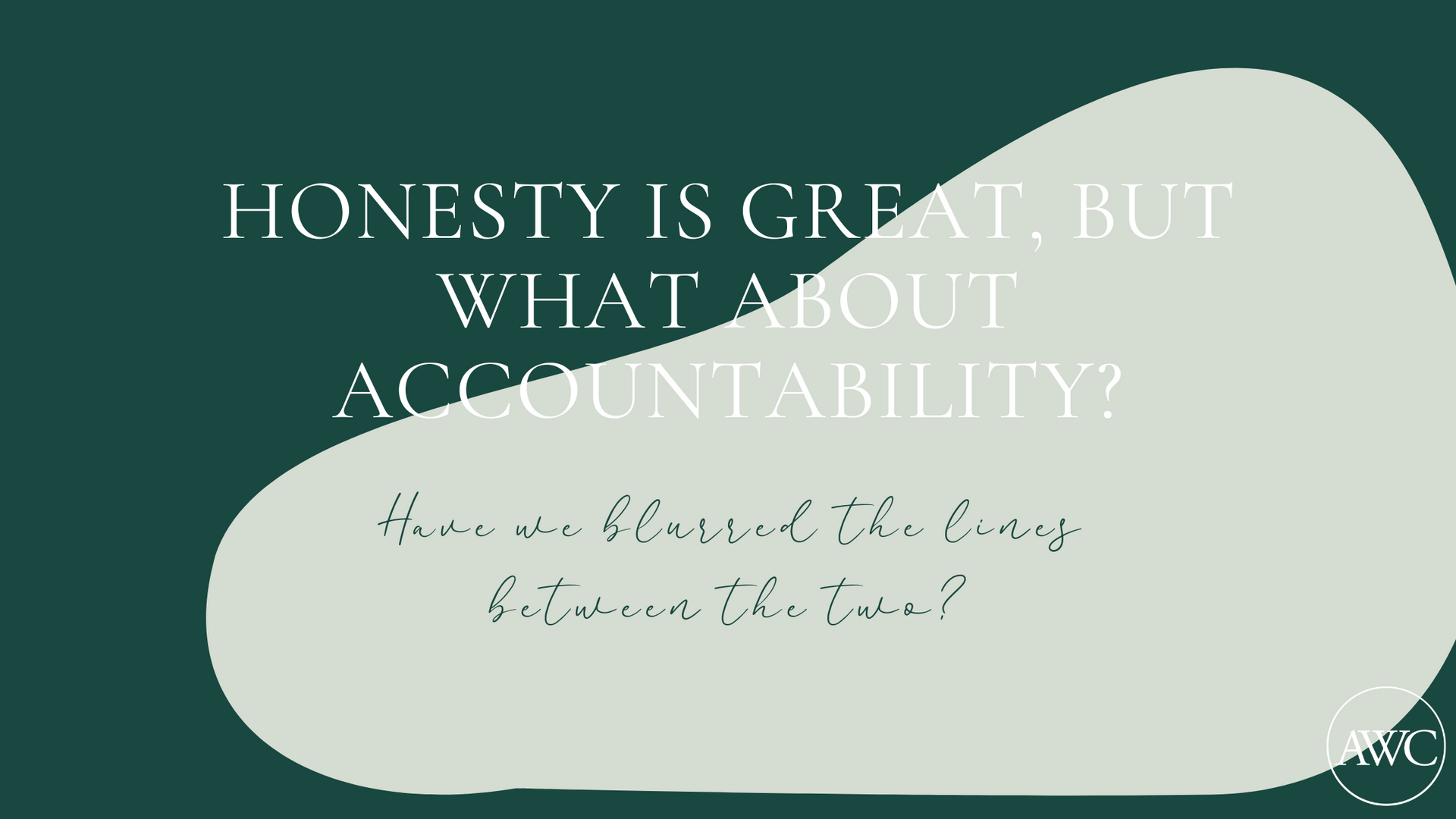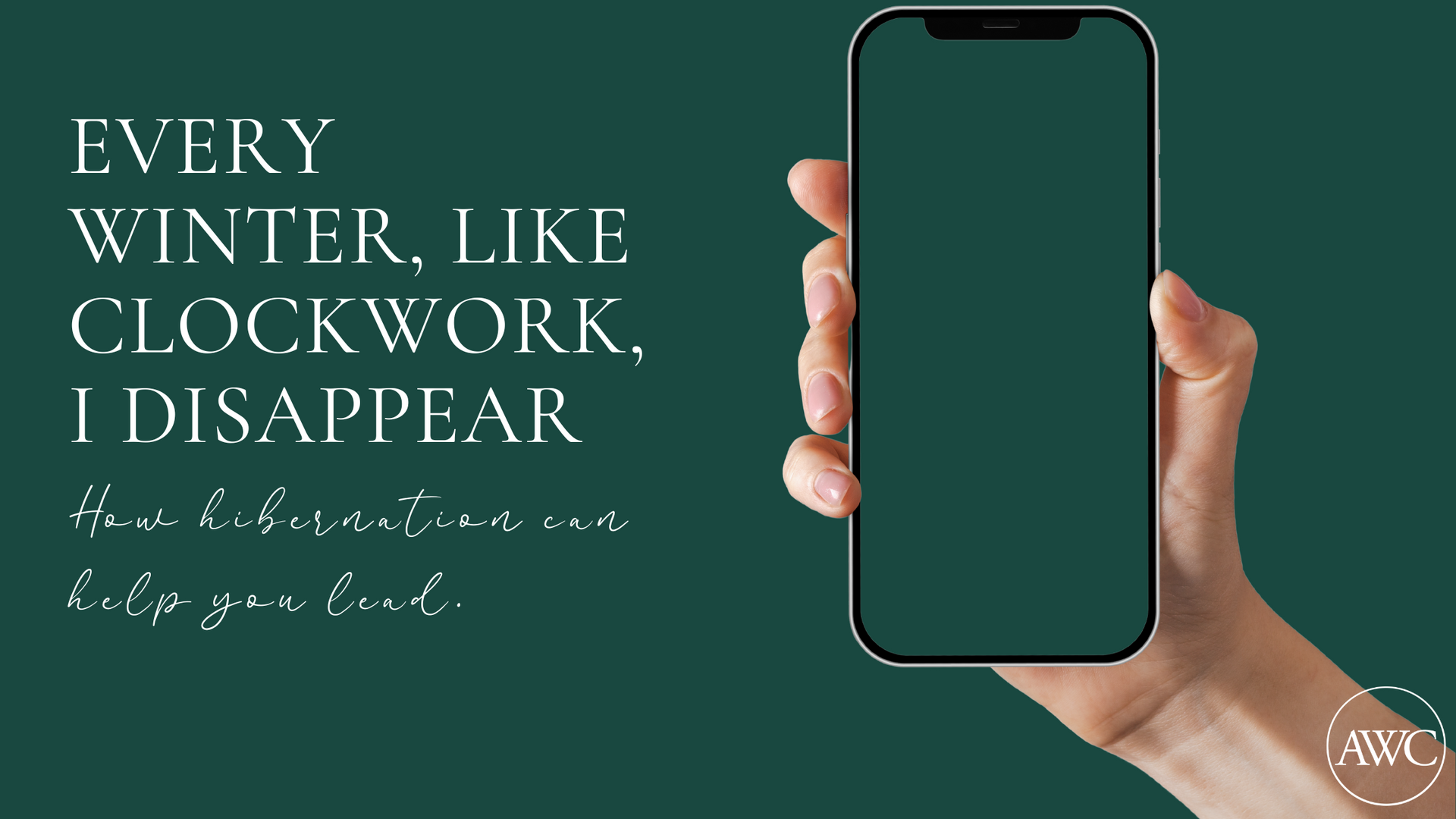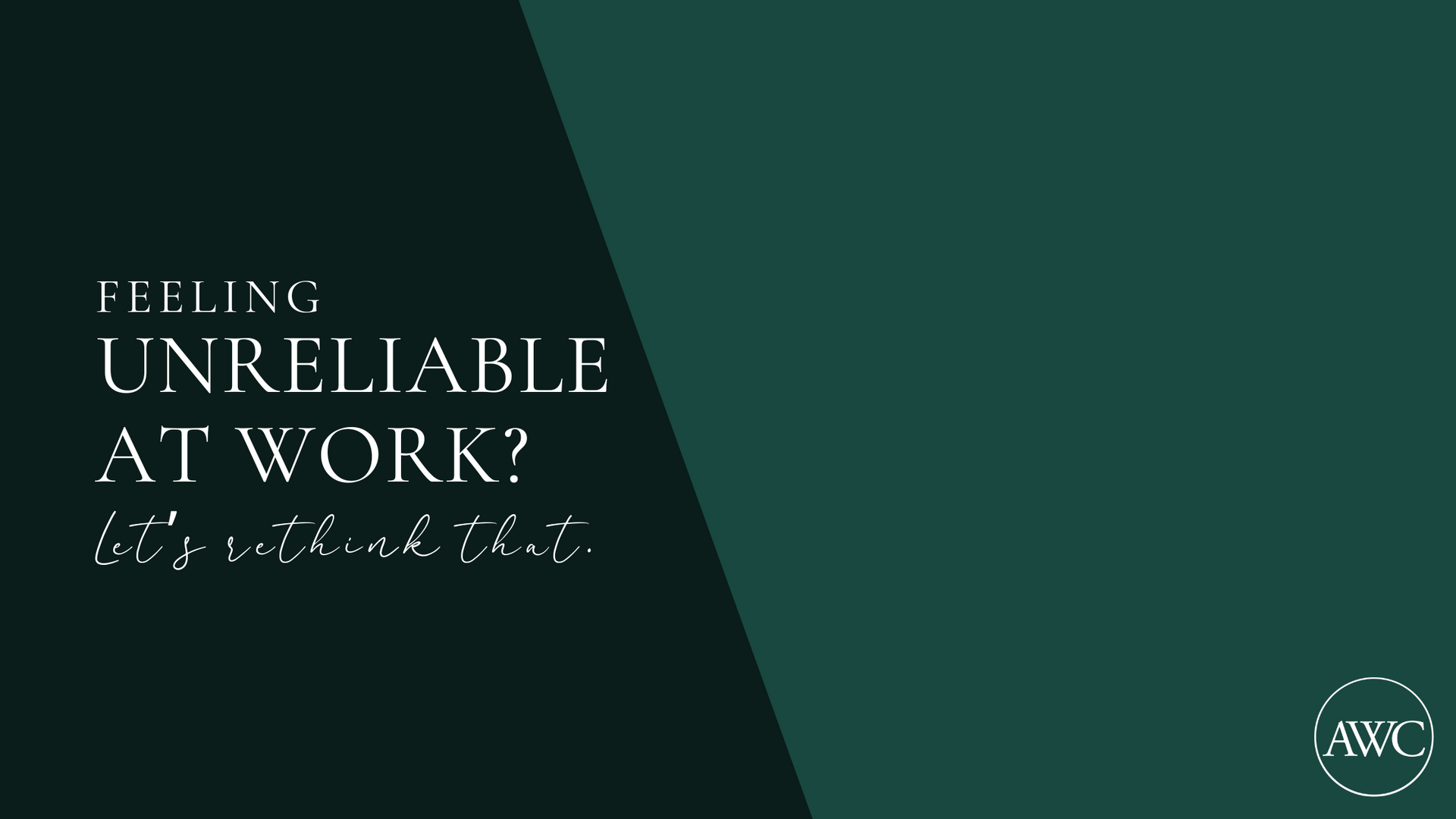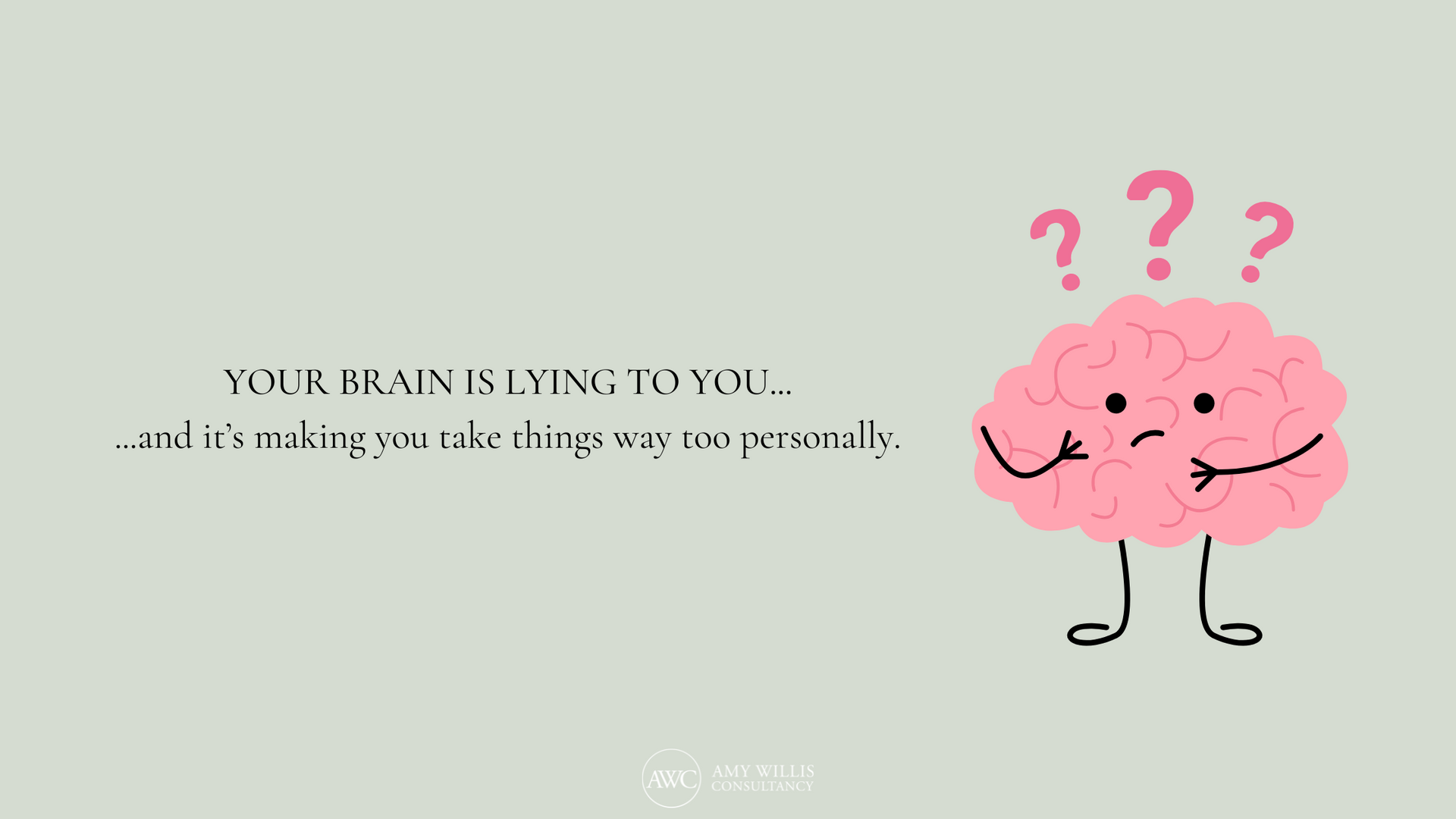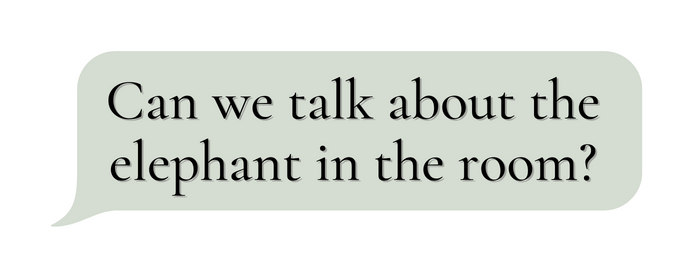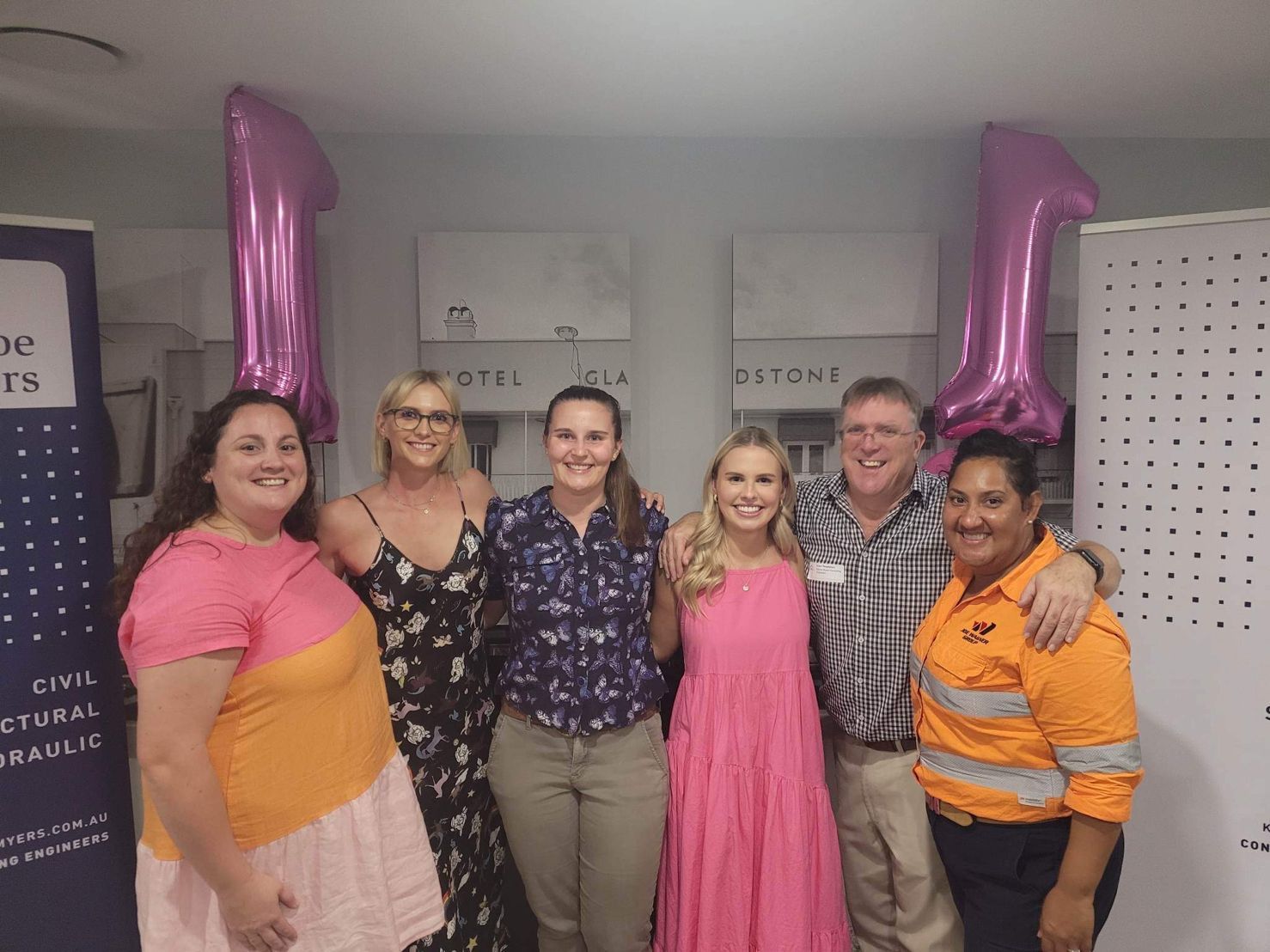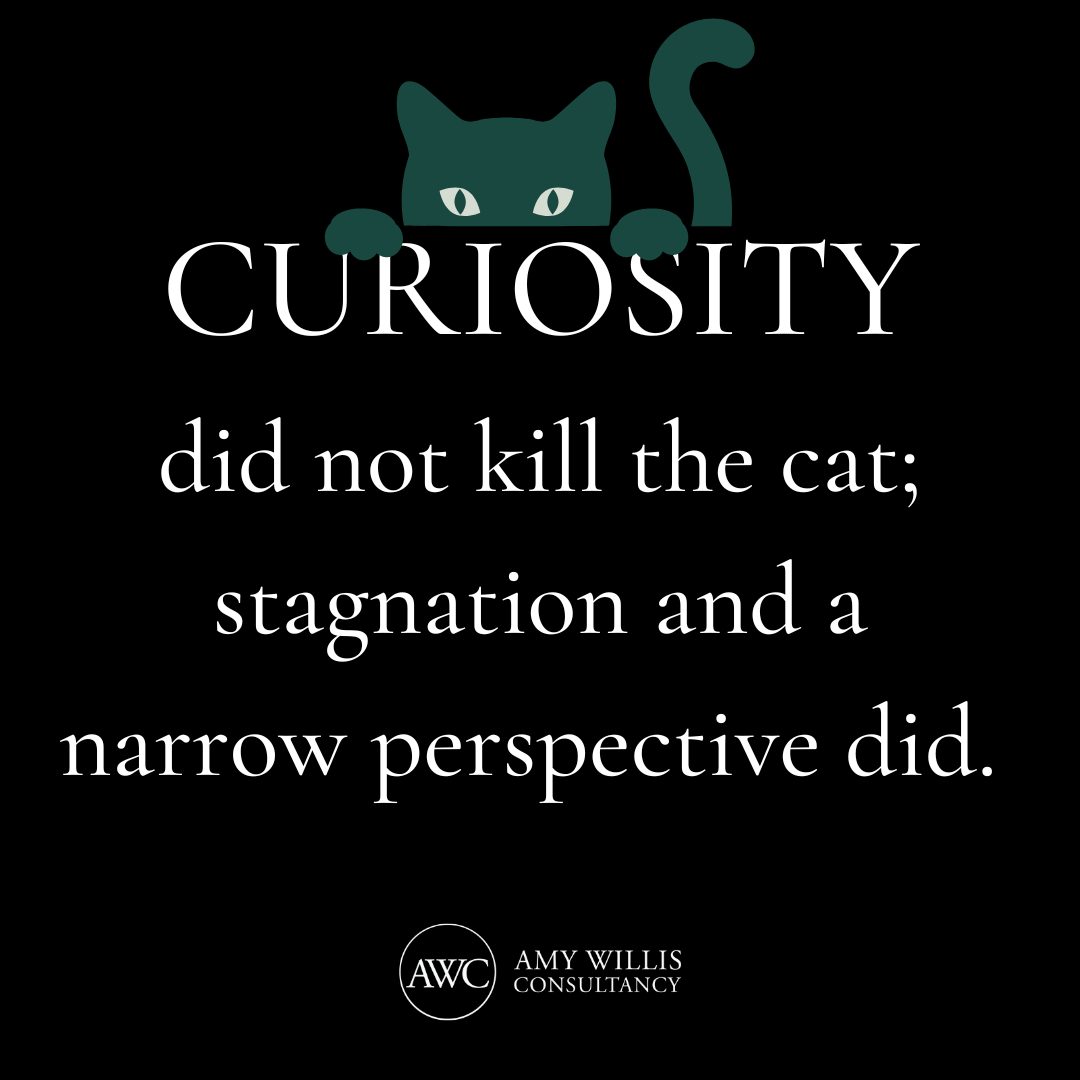Your Brain is Lying To You 🧠
And it's making you take things way too personally.
Before You Take It Personally, Make It Personal
You open an email. It’s short, to the point—maybe a little too blunt. Your stomach tightens. “What did they mean by that? Are they annoyed at me?”
Or maybe a coworker gives you feedback on something you worked hard on. Before they even finish their sentence, you feel that familiar sting—“They don’t appreciate what I do. Why are they always picking at things?”
We’ve all been there. But here’s the thing: before you take it personally, make it personal.
Why Do We Take Things So Personally?
As humans, our sense of belonging is everything. It’s wired into us—it’s why we seek connection, why teamwork matters, and why feedback (even when constructive) can feel like a personal attack.
This goes back to Maslow’s Hierarchy of Needs, which tells us that after basic survival (food, shelter, safety), the next big thing we crave is belonging. So when we think someone is being harsh, dismissive, or critical, our brain interprets it as: “I’m not valued here”—even when that’s not the case.
And this is where the old brain vs. new brain comes in.
• Our “old brain” (limbic system) is in charge of survival. It’s fast, reactive, and on high alert for threats—including social ones. This is why we jump to conclusions and get defensive.
• Our “new brain” (prefrontal cortex) helps us think logically, process emotions, and respond instead of react. When we tap into this part of our brain, we can reframe situations and see them for what they actually are—not just how they feel in the moment.
Try This Instead: “Before You Take It Personally, Make It Personal”
Here’s what that looks like in action:
Taking It Personally:
Your coworker points out a mistake in a project. Immediately, you feel defensive:
“They’re always criticising me. Do they even respect my work?”
Making It Personal:
Your coworker points out a mistake. You feel that gut reaction kicking in, but you pause and remind yourself:
• “I actually know this person. They hate giving feedback—it probably wasn’t easy for them to say this.”
• “Last week, they told me how much they enjoy working with me. Why would this one comment mean they don’t?”
• “They’re just doing their job, not attacking me as a person.”
By making it personal, you step out of defensiveness and into perspective. You replace assumptions with what you know to be true about the person and the situation.
Try It This Week
Next time you feel that sting of criticism, pause. Take a breath. Make it personal.
What do you already know about this person? What’s their usual intent? Does their feedback actually change your value in the workplace? (Spoiler: It doesn’t.)
Give it a shot, share this with your team and let me know how it shifts your perspectives!
READ MORE
